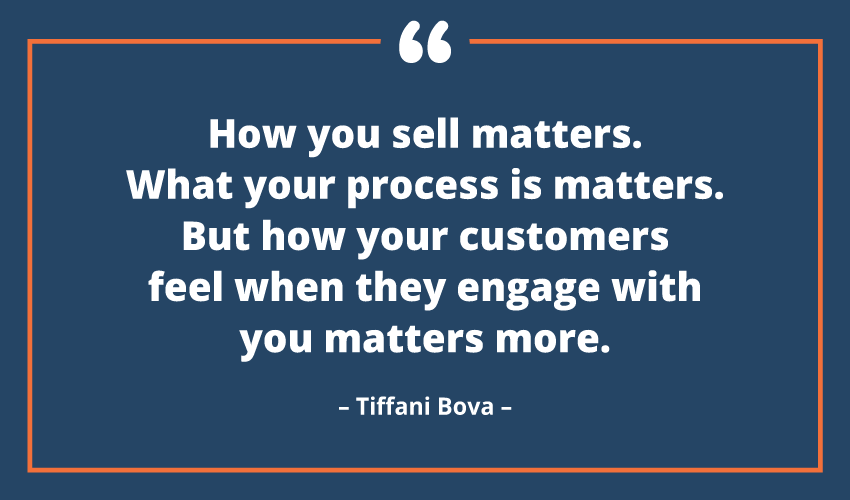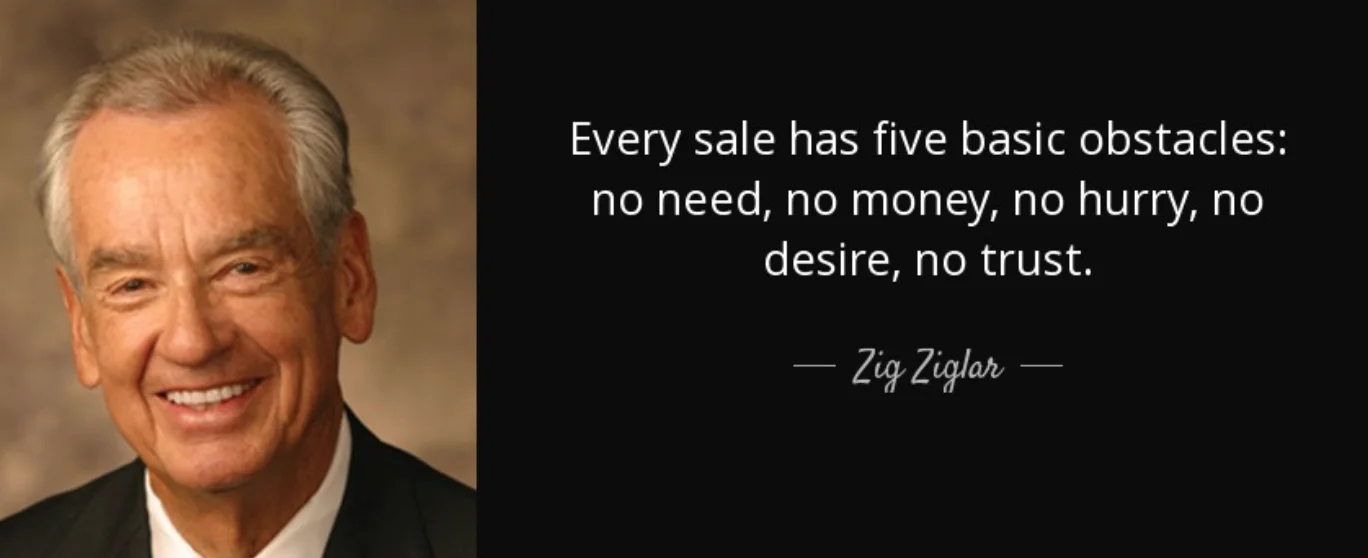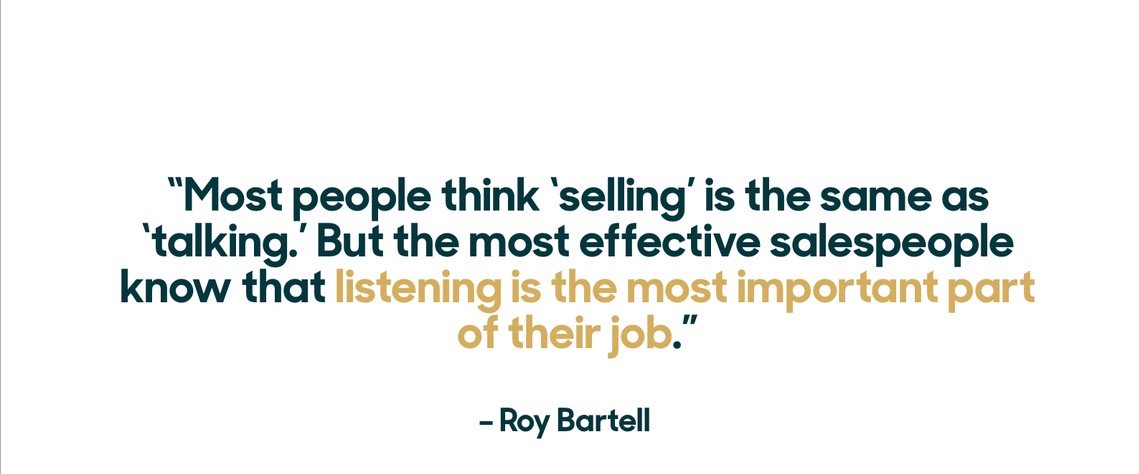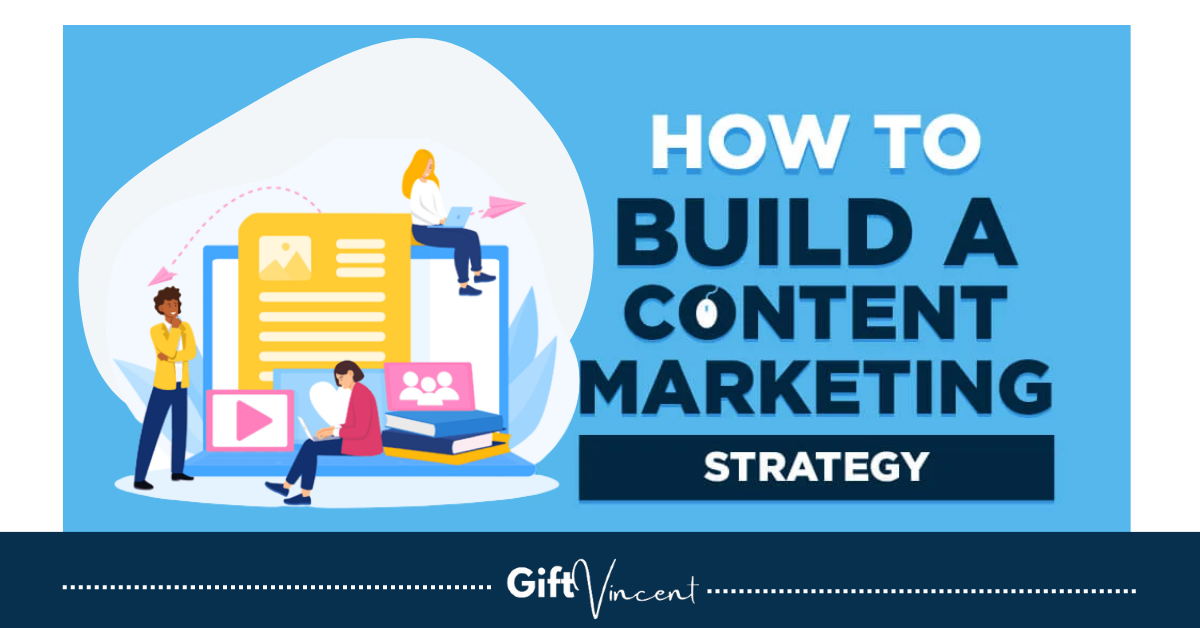|
Getting your Trinity Audio player ready...
|
Effective sales closing is crucial for the success of any business. It is the final step in the sales process where a prospect turns into a customer. Without this, businesses risk losing potential customers who are interested in their products or services. This is why closing a sale is the ultimate goal of any marketing campaign or sales process.
Although selling is an essential skill for businesses, it can be challenging to master. To be an effective salesperson, you need to understand the sales process, be a good listener, and know how to overcome objections and close deals. In this article, we’ll discuss effective sales techniques that can help you become a successful salesperson and close more deals for your business.
Understanding the Sales Process for Effective Sales Closing

The sales process is a series of steps that businesses take to turn prospects into customers. It typically involves the stages that a salesperson must navigate to close a deal successfully. Here are the most common stages of the sales process:
- Prospecting: This is the stage where the salesperson identifies potential customers and reaches out to them. It involves researching and gathering information about potential customers, such as their needs, pain points, and interests.
- Qualifying: This stage involves determining if the potential customer is a good fit for the product or service being offered. The salesperson will assess the customer’s needs and determine if their product or service can solve their problems or meet their needs.
- Presenting: This is where the salesperson showcases their product or service to the potential customer. It involves highlighting the unique features and benefits of the product or service that will appeal to the customer.
- Handling objections: During this stage, the salesperson addresses any concerns or objections that the customer may have about the product or service. They listen to the customer’s concerns and provide information or solutions to address them.
- Closing: The final stage of the sales process involves getting the customer to commit to a purchase. This can involve using different closing techniques such as summarizing the benefits of the product or service, creating a sense of urgency, or assuming the customer has already made a decision to buy.
- Follow-up: After the sale is made, the salesperson should follow up with the customer to ensure their satisfaction and encourage repeat business. This can involve providing additional support, addressing any issues that may arise, and offering complementary products or services.
Each stage of the sales process is important and requires specific skills and techniques to navigate successfully. By understanding and mastering each stage, your business can improve its sales performance and increase its revenue and profits.
Common Sales Objections and How to Overcome Them

One of the most challenging parts of the sales process is handling objections. Customers may object to a sale for a variety of reasons e.g feeling that the product or service is too expensive or not worth the price, the quality or performance of the product or service, and feeling that it may not meet their needs or solve their problems effectively.
This is why effective salespeople must provide accurate and honest information, address concerns, and objections, and provide exceptional customer service to build trust and credibility with their customers. Let’s take a quick look at some of the most common sales objects that your business may face and how to overcome them.
- Price objection: This is one of the most common objections that salespeople face. Customers may feel that the product or service is too expensive. To overcome price objections, you can emphasize the unique value proposition of your product or service and highlight how it will benefit the customer in the long run. You can also offer payment plans or discounts to make the purchase more affordable.
- Time objection: Some customers may feel that they don’t have enough time to commit to the purchase. To overcome this objection, you have to create a sense of urgency by highlighting limited availability or time-sensitive offers and how they can solve the customer’s problems quickly. You can also offer to streamline the purchasing process to make it easier and faster for the customer.
- Feature objection: Customers may have concerns about certain features of the product or service. To overcome this objection, the salesperson can explain how the features work and how they benefit the customer. The salesperson can also provide examples of how other customers have used the product or service to solve similar problems.
- Trust objection: Not every new customer may trust the reputation of your business or the quality of your offers. This is why you have to share proof of satisfied customers and highlight industry leadership features. Features like awards or certifications that the business has received, or offer a satisfaction guarantee upfront.
- Authority objection: Some customers may not have the authority to make the purchase decision. These are the people who lack the authority to say ‘yes’ and need to gain someone else’s approval before they can purchase. To overcome this objection, You can ask the customer who else is involved in the decision-making process and then offer to provide additional information or support to help the customer make the case for the purchase.
- Competition objection: To overcome competition objections, you can emphasize the quality of your product or service and how it is superior to the competition.
The most effective sales strategy is by anticipating and addressing the common objections that are unique to your ideal customers and you’ll have to map out who your ideal customer is first before you can figure out what objections may occur in their purchase journey. You’ll increase your chances of closing the deal and building long-term relationships with customers if you can get this single thing right.
The Power of Active Listening for Effective Sales

Active listening is a crucial skill in sales. It involves paying attention to what the customer is saying and responding appropriately. To be an effective listener, ask open-ended questions to encourage the customer to talk about their needs and concerns. Summarize what the customer is saying to show that you understand their concerns. Use empathy to show that you care about the customer and their needs.
When customers feel that their concerns are being heard and addressed, they are more likely to trust the salesperson and feel confident in their purchase decision. By creating a positive and engaging sales experience through active listening, you can establish yourself as trustworthy and reliable. This helps to build a strong foundation for future business interactions and can lead to increased sales and customer loyalty. In short, active listening is a powerful tool that can help salespeople overcome objections and build trust with customers, ultimately leading to successful sales and long-term business relationships.
The Art of Closing
Closing is the final stage of the sales process. In fact, it involves getting the customer to commit to a purchase. There are several techniques for closing effectively, including the assumptive close, the summary close, and the urgency close.
- Assumptive close: The assumptive close involves assuming that the customer has already decided to make a purchase and asking for the order as if it were a foregone conclusion. This technique is particularly effective when you have built a strong rapport with the customer and have already addressed every objection. To use this technique effectively, you can simply say something like, “So when would you like to have this delivered?” or “What type/color would you like to purchase?” assuming that the customer has already made the decision to purchase.
- Summary close: Involves summarizing the benefits of the product or service and asking the customer if they are ready to buy. This technique is useful when the customer needs a final push to make a decision. To use this technique effectively, try to summarize the key benefits of your product or service, such as its high quality, durability, or effectiveness. Then, they ask the customer a question that leads to a purchase such as, “So, would you like to proceed with the purchase now?”
- Urgency close: Involves creating a sense of urgency to encourage the customer to make a purchase fast. This is particularly effective when there is a limited-time offer or when the product or service is in high demand and may exhaust. To use this technique effectively, you can communicate the urgency of the offer by saying something like, “This offer is only available for the next 24 hours,” or “We only have a few units left in stock.” This can create a sense of urgency and motivate the customer to make a decision fast.
These are effective sales techniques that can help you close deals and increase their conversion rates. Besides, you can create a positive and engaging sales experience that leads to long-term relationships with customers.
Developing a Sales Strategy
No sale is as magical or mysterious as most people think. In contrast, all you need is a clear sales strategy for setting goals, identifying your target customers, and developing a sales process that leans towards purchase. A good sales process should be tailored to the customer’s needs and should highlight the unique value proposition of your product or service.
In addition, your sales strategy should also include a plan for following up with customers after the sale. This would ensure customer satisfaction and encourage repeat business.
ALSO READ: 6 Tips to Help You Grow Your Small Business
Conclusion
Effective sales closing can help build long-term relationships with customers because when customers feel confident in their purchase decision, they are more likely to return to the business for future purchases and recommend the business to others.
Certainly, effective sales closing increases revenue and profits, and also helps to build a positive reputation for your business and guarantees customer loyalty, which can help the business in the long run. Customers that feel valued and satisfied with their purchase experience are more likely to become repeat customers. With these tips and techniques, you can become an effective salesperson and help your business succeed.





